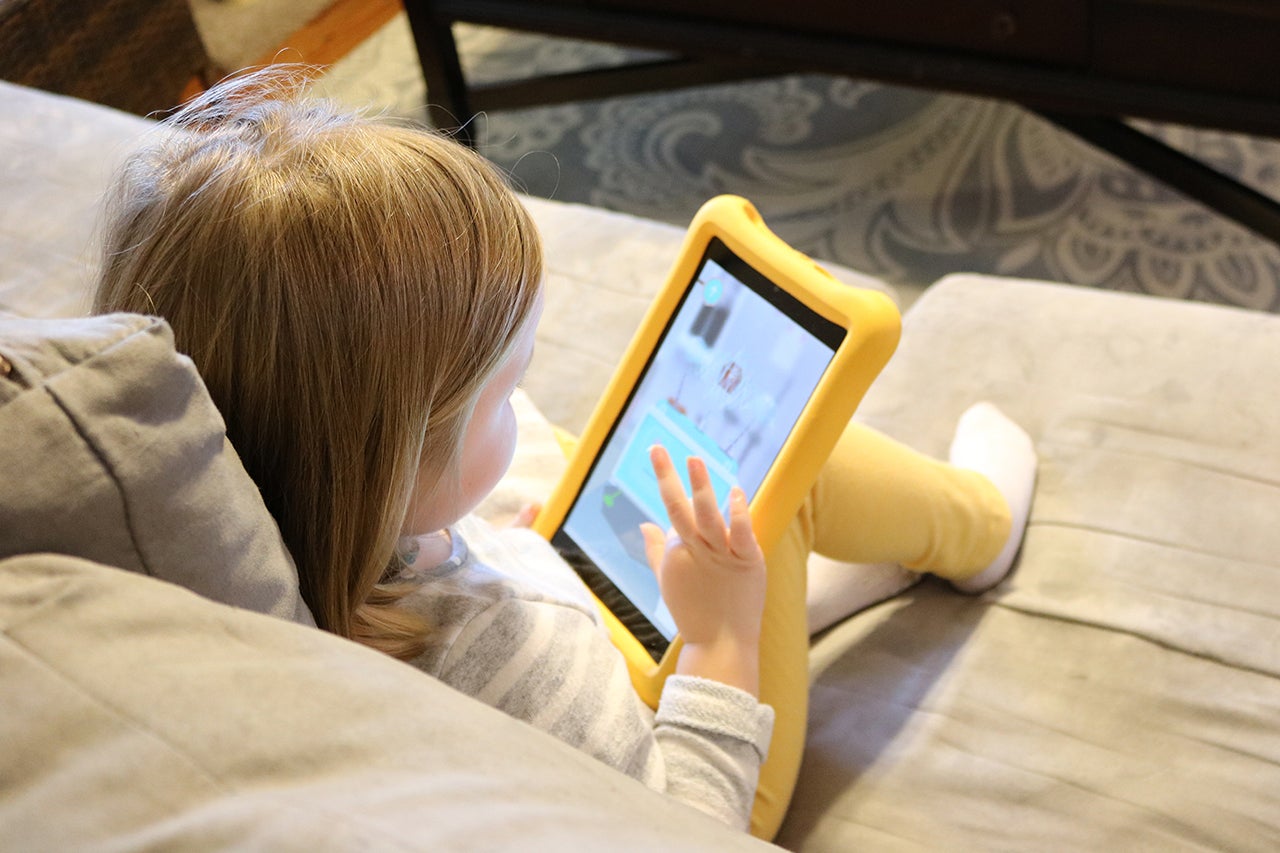Slowly, we are all adjusting to this new normal brought on by COVID-19. Some of these norms are easy; washing your hands, cleaning kitchen counters and keeping a safe distance from others.
Other new norms are not so easy.
K-12 students in South Carolina and across the country have been forced out of the classroom and now will receive their education online. And parents have now been thrust into many new roles.
“Parents and caregivers must plan for how they will juggle responsibilities – and in some cases new identities – including working remotely, managing children’s schedules and e-learning, while running a load of laundry,” says Margaret Hagood, a professor in the College of Charleston’s Department of Teacher Education.
Adjusting to this new normal, says Hagood, is an opportunity to recalibrate and set a new framework for the melding of home and work life.
Hagood offers a list of five ways that parents can cope with their new roles:
Lean in and listen.
Sit with your children and ask them how they are feeling about their current learning situation. And listen. No need to try to solve any of their feelings for them. Just honor where they are in the present moment, and let them know that you’re there for them. With so much uncertainty about the remainder of the school year, including disappointment for all that was planned but will be postponed or cancelled, let them know you will be present with them along the way. And, if they ask, share how you’re feeling.
Live by a flexible, balanced schedule.
We all do better with boundaries and clear expectations. Work with your children to create a realistic schedule that works for them and for you. Ensure that each day includes a balance of personal time, school/work time, chores, exercise, connection with friends and family time. Create new opportunities that align with your family’s life and haven’t been available when you were at the office and they were at school: a mid-morning walk with the dog around the block, a 10-minute game of driveway soccer, making cookies for an afternoon snack! Also, plan for children to connect with loved ones through technology. Play your violin for your grandmother; Zoom with buddies and check in. Create and post memes that share a laugh with fellow students in a Google Meet. Post the schedule in a communal space so that everyone knows how the day looks.
Model the mantra ‘Life is for learning.’
Help your children see that we are all in this new learning experience together, and that the process of learning always holds uncertainty, mistakes and possible failure. Let them know that you’re learning new things, just as they are. For example, if you’re learning a new technology in order to work remotely, explain it. Tell them how you feel about your learning curve, and how you’ve had to learn to be patient as you grow your understanding. Get their take on it, especially if it’s a technology they know or are interested in. Ask for their advice on how to use it. Let them know the mistakes you’ve made along the way, finding some humor in your missteps. Show them that you don’t have all the answers, but that you reach out to others, such as colleagues and mentors, to help solve questions you have. That way, when they engage in e-learning they can share with you the ups and downs of how their new learning navigation is going.
Set realistic expectations.
In this new norm, we can’t expect our children will know how to do e-learning. Just because they queue up and binge watch Netflix or choreograph intricate dance moves on TikTok, the majority of them (and their classroom teachers) haven’t experienced e-learning. Help them to see that face-to-face learning doesn’t seamlessly transfer to online contexts and that approaching these new experiences with new expectations will help them to calibrate realistic learning goals, which might well differ if they were in a desk at school, and will certainly include much more than just fulfilling a learning objective. Practicing self compassion in these new learning spaces will help them to have compassion for others, such as teachers who are teaching in ways new as well.
Better together
Now is an important time to grow together as our homes shift from places of respite to also accommodate work and school life. Together set expectations for everyone to pitch in, perhaps in new ways. Give children responsibilities such as cleaning the kitchen after breakfast (after all, they have more time in the morning because they aren’t commuting to school), making the family lunch or for doing the dishes, cleaning communal spaces and taking out the trash.




